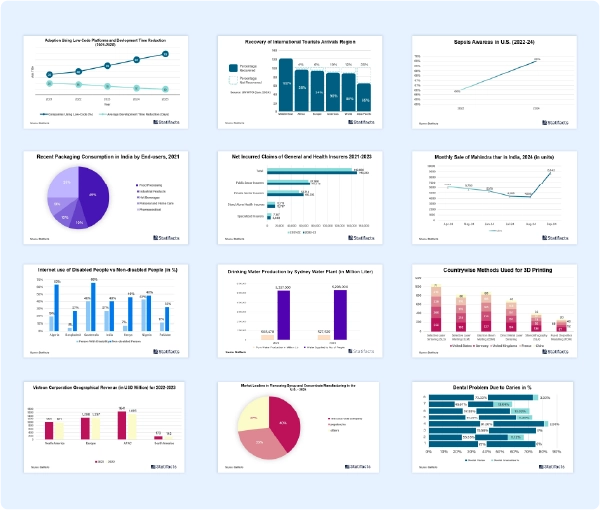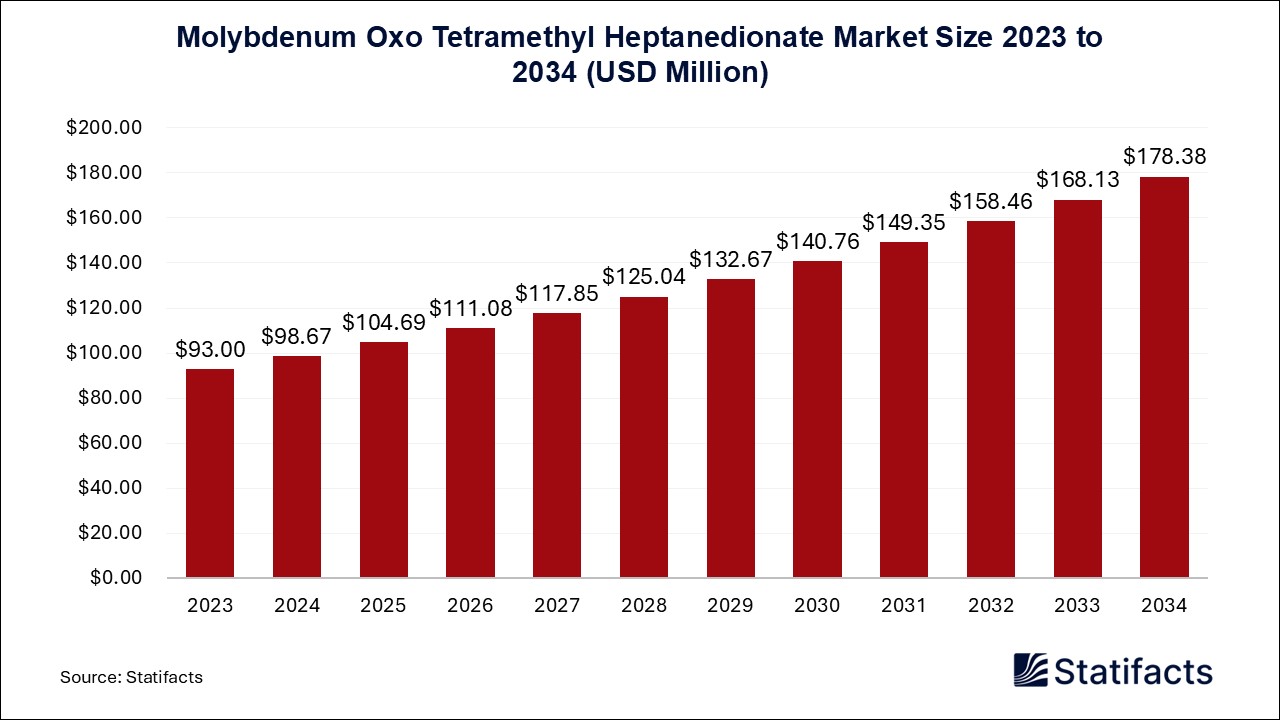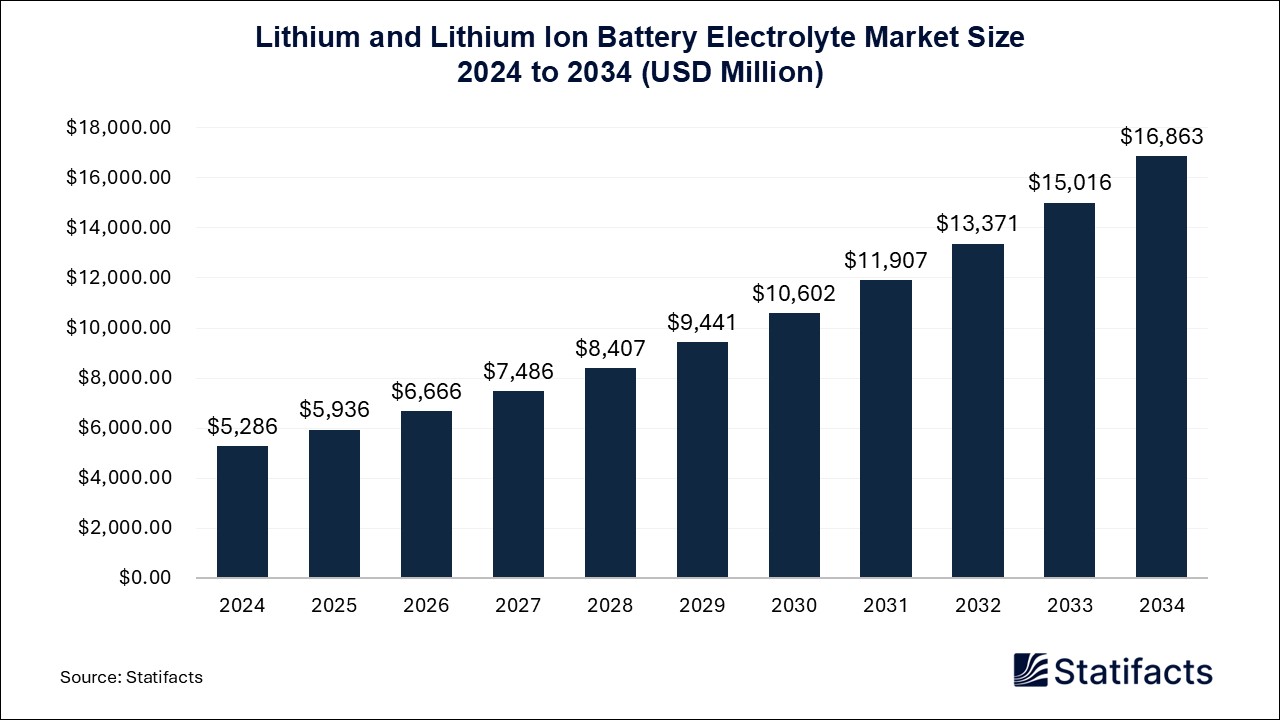

Our customers work more efficiently and benefit from
The global asthma drugs market size accounted for USD 25,220 million in 2024 and is expected to exceed around USD 41,240 million by 2034, growing at a CAGR of 5.04% from 2025 to 2034.
| Industry Worth | Details |
| Market Size in 2024 | USD 25,220 Million |
| Market Size in 2025 | USD 26,490 Million |
| Market Size by 2034 | USD 41,240 Million |
| Market Growth Rate from 2025 to 2034 | CAGR of 5.04% |
The asthma drugs market is recording steady growth based on the mounting prevalence of asthma globally and research in treatment products. Asthma, a recurring respiratory condition of millions, calls for long-term treatment with inhalers, biologics, and oral treatments. Increased air pollution, dietary changes, and heightened awareness of managing asthma are the major determinants of expansion in the market. Pharmaceutical firms are concentrating on new drug delivery forms and combination therapies to improve treatment effectiveness and patient compliance. With increased research and development activities, the market for asthma drugs is anticipated to expand considerably during the forecast period.
The prevalence of asthma across the world has been on the increase as a result of elevated levels of pollution, urbanization, and changes in lifestyle. Health organizations estimate that millions of people are diagnosed with asthma every year, and the most vulnerable groups are children and the elderly. The rising burden of respiratory diseases has generated a high demand for efficient treatment products, and therefore, asthma drugs form an important sector in the pharmaceutical market. The increase in asthma hospitalizations and emergency visits also highlights the need for better medications and long-term asthma control measures.
The evolution of biological drugs has transformed the treatment of asthma, especially in severe and uncontrolled asthma patients. Biologics specifically target certain immune pathways in asthma, inhibiting inflammation and frequent asthma attacks. Monoclonal antibodies like mepolizumab and dupilumab have been promising in enhancing lung function and decreasing reliance on conventional steroids. With ongoing research into personalized medicine, the use of biologics is likely to increase, fuelling asthma drug market growth.
Governments and health organizations are increasingly investing in awareness campaigns and making treatment available for asthma. Public health interventions towards the alleviation of morbidity and mortality associated with asthma have resulted in better healthcare policy, enhanced reimbursement frameworks, and greater funding for research on asthma. The rising need for over-the-counter (OTC) inhalers and prophylactic treatments is broadening the market scope, providing room for higher accessibility of fundamental asthma drugs.
Despite considerable advances in asthma drug development, the extremely high cost of biologics and targeted therapies is, at present, a limiting factor. Patients in low- and middle-income countries are faced with unaffordability and thus impaired access to newer therapies. Furthermore, differences in healthcare reimbursement policies across territories make it difficult for some patients to obtain appropriate drugs. Dependence on corticosteroids and bronchodilators in underresourced environments highlights the need for low-priced alternatives and increased availability within the asthma pharmaceutical market.
Artificial intelligence is revolutionizing the asthma drug market by augmenting research, drug discovery, and patient management. AI platforms screen large amounts of data to detect potential candidates for drugs, expediting new asthma drug discovery. AI is also enhancing predictive analytics in the management of asthma by tracking symptoms in patients and suggesting customized treatment protocols. Digital health technologies, including AI-enabled smart inhalers, yield real-time feedback about medication adherence and asthma triggers, resulting in improved disease control. As AI technology advances, it is set to lead the way in asthma management strategies.
The emerging economies of Latin America and Asia-Pacific have enormous growth potential. The sectors are being accelerated by rising demand due to mounting healthcare investments, escalating prevalence rates for asthma, and enhanced accessibility of medical procedures. The introduction of cost-containing medications by expanding local presence has attracted pharmaceutical industries in these sectors. The growth in digital technologies being applied to the asthma drug market is getting increasingly strong support. Advances in precision medicine are enabling tailored asthma therapies based on genetic and molecular analysis. Personalized medicine is likely to take center stage in the asthma treatment horizon as research in this direction continues to improve.
Published by Kesiya Chacko , March 2025
For any questions about this dataset or to discuss customization options, please write to us at sales@statifacts.com
| Stats ID: | 8055 |
| Format: | Databook |
| Published: | March 2025 |
| Delivery: | Immediate |
| Price | US$ 1550 |


| Stats ID: | 8055 |
| Format: | Databook |
| Published: | March 2025 |
| Delivery: | Immediate |
| Price | US$ 1550 |

You will receive an email from our Business Development Manager. Please be sure to check your SPAM/JUNK folder too.

Unlock unlimited access to all exclusive market research reports, empowering your business.
Get industry insights at the most affordable plan
Stay ahead of the competition with comprehensive, actionable intelligence at your fingertips!
Learn More Download
Download

